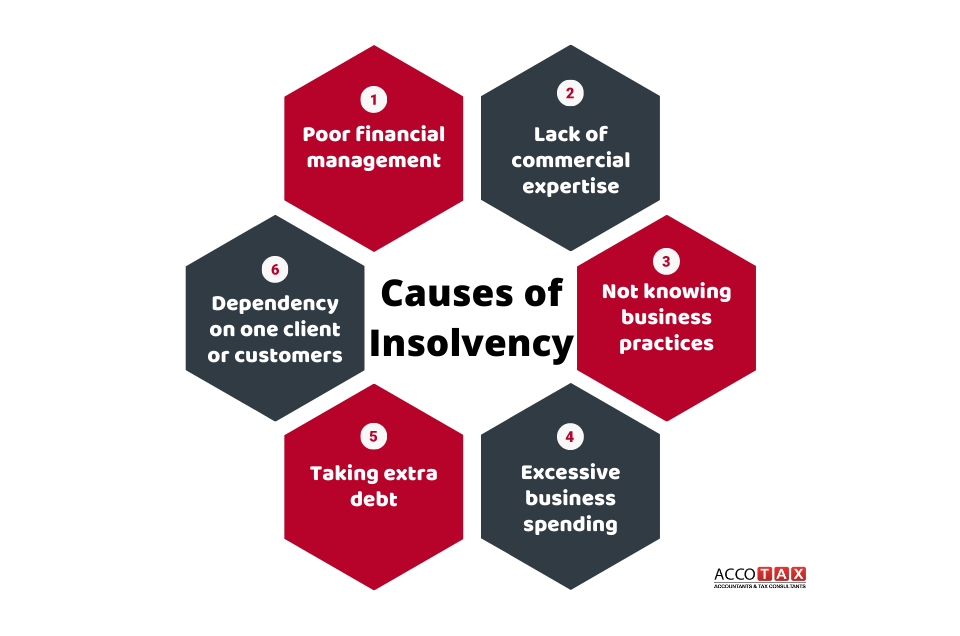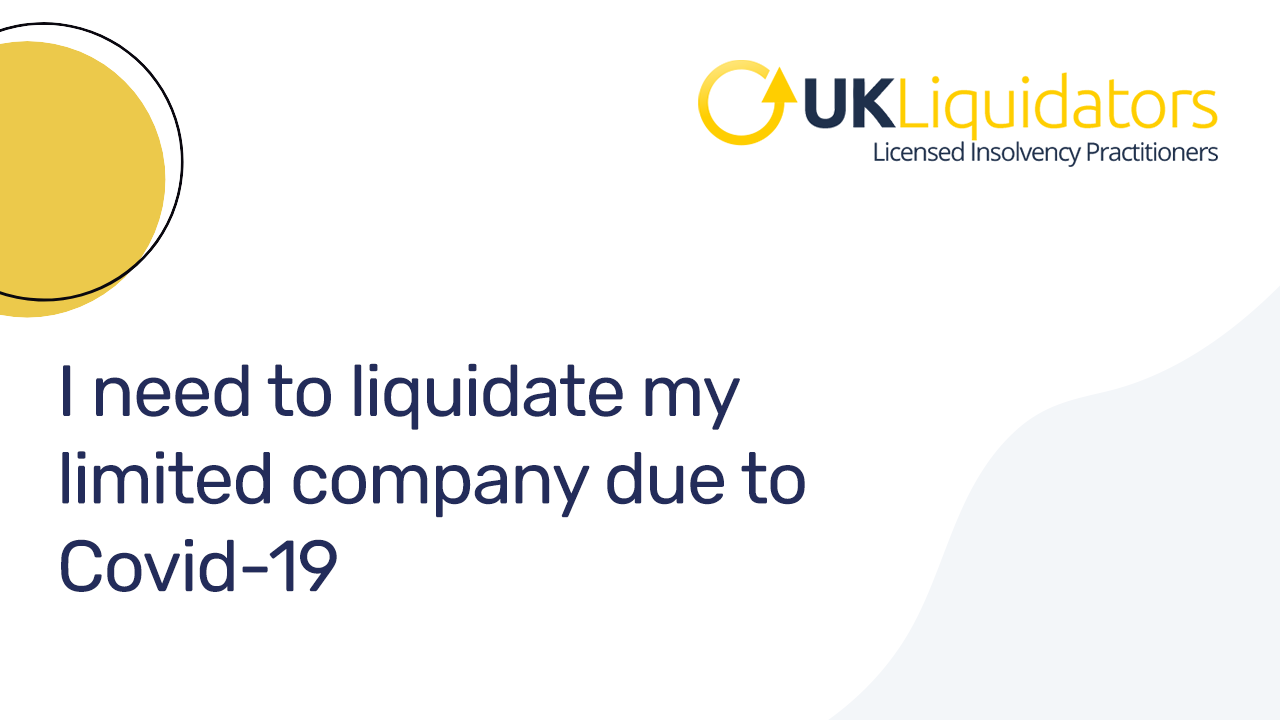Insolvency Practitioner - An Overview
Insolvency Practitioner - An Overview
Blog Article
About Insolvency Practitioner
Table of ContentsGetting The Insolvency Practitioner To WorkThe 8-Second Trick For Insolvency PractitionerSee This Report about Insolvency PractitionerThe Insolvency Practitioner DiariesThe Best Guide To Insolvency PractitionerSome Known Factual Statements About Insolvency Practitioner Insolvency Practitioner for Dummies
Insolvency is when obligations are more than the value of the firm, or when a debtor can not pay the financial obligations they owe. A company can become insolvent as a result of a number of circumstances that lead to bad capital. When confronted with insolvency, a business or individual can contact lenders straight and restructure financial obligations to pay them off.Business owners might get in touch with financial institutions straight and restructure financial debts right into more workable installments. Lenders are generally amenable to this strategy due to the fact that they desire to be repaid and stay clear of losses, also if the settlement is on a delayed timetable.
Excitement About Insolvency Practitioner
The proprietor develops a proposition describing how the financial debt might be reorganized utilizing expense reductions or other strategies for support. The proposition reveals creditors just how business might produce sufficient cash money flow for profitable procedures while paying its debts. Normally, a forgiven financial obligation may be considered income by the Irs (IRS).

Fascination About Insolvency Practitioner
When operations discontinue, so does the firm's income (Insolvency Practitioner). Some business end up being financially troubled due to the fact that their products or services don't progress to fit customers' changing needs.
Expenditures surpass revenues and bills stay unpaid. Kinds of insolvency consist of cash-flow insolvency and balance-sheet bankruptcy. Cash-flow insolvency occurs when a firm has the assets to cover their financial obligations yet they are in the incorrect type, such as realty rather of liquid funds. Balance-sheet bankruptcy, on the other hand, suggests a lack of properties in any kind of form to cover financial obligations.
The IRS states that an individual is financially troubled when the complete obligations surpass overall properties. A bankruptcy, on the various other hand, is an actual court order that portrays exactly how a bankrupt individual or business will repay their financial institutions, or exactly how they will certainly offer their possessions in order to make the settlements.
Insolvency Practitioner for Dummies

Financial debt debt consolidation is when you integrate numerous car loans right into one new funding, typically to attain far better terms. Bankruptcy is not the very same as insolvency, although a firm that has become bankrupt may submit for personal bankruptcy. Insolvency is the state of not being able to pay your obligations while insolvency is a legal process to discharge your financial debts.
Recognizing the variables that can cause insolvency, such as overspending, can aid you avoid bankruptcy and its repercussions.
A Biased View of Insolvency Practitioner
It is popular that supervisors and officers of corporations (and supervisors of restricted obligation business) owe fiduciary duties to their organizations and their shareholders (or members). These fiduciary responsibilities are specified by state laws and, though there are variations from state to state, they typically consist of a task of commitment and a duty of treatment.
The responsibility of care needs directors and officers to exercise persistance, to make educated choices, and to act in good confidence to ensure that their activities remain in the very best passion of the company. Beyond the scope of this discussion, some states permit these responsibilities to be restricted either by so keeping in mind in the organizational files Find Out More or complying with other requirements.
Not known Details About Insolvency Practitioner
A lot of states specify bankruptcy in two ways( 1) when a business's liabilities end up being above the amount of its possessions or (2) when the company becomes incapable to pay its financial obligations as check out this site they end up being dueand accept both meanings (Insolvency Practitioner). The change in responsibilities occurs due to the fact that when a business is insolvent, there is no worth in the firm beyond that owed to the business's financial institutions so that the equity holders no more have an economic stake in the company
Be careful about providing shareholders advantageous therapy at the expenditure of lenders (e.g., accrediting and funding a dividend or a stock redemption). Be cautious about favoritism between classes of shareholders. Clear up efforts to discover all the truths before taking a certain strategy; supervisors ought to truly believe that any type of choices made are in the most effective interests of the corporation in its entirety (i.e., decisions will be assessed in knowledge because of the effect of such activities on the corporation).
In any type of insolvency or insolvency proceeding, settlements made to certain creditors at the cost of various other lenders can be clawed back, especially if there is some connection between the company and the creditor. Take into consideration proposing at a yearly shareholder conference (or any other meeting of stockholders) a resolution verifying that all previous company choices and activities taken by the supervisors and police officers of the firm were absorbed great faith after a workout of sensible treatment.
3 Easy Facts About Insolvency Practitioner Shown
Completely divulge any type of personal or company partnerships with parties beyond of deals including the firm to stay clear of the look of a conflict of interest. In evaluating prospective fund increasing transactions or a sale of possessions of the troubled firm, know that these deals may be scrutinized later on taking into account any type of subsequent development of directors' fiduciary responsibilities to include More about the author financial institutions.
Report this page